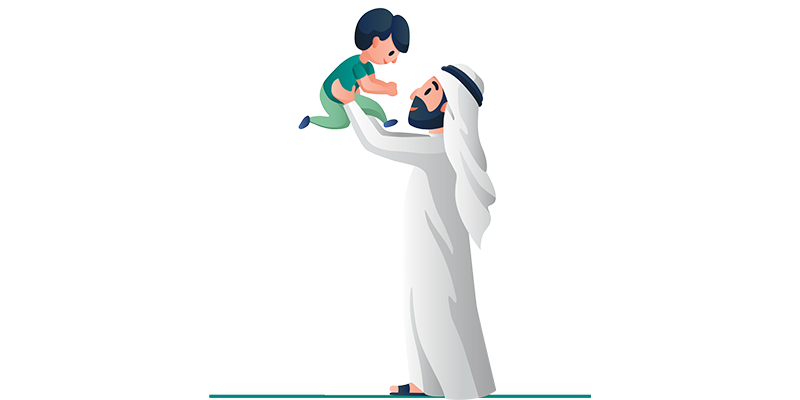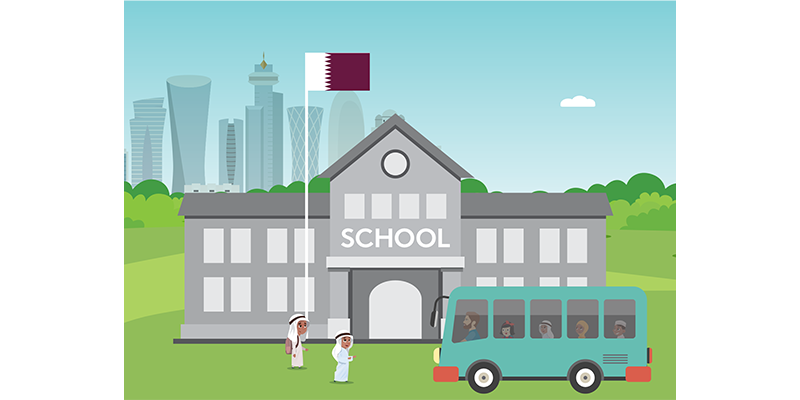
Epileptic seizures and Children

What is an epileptic seizure?
A seizure represents the clinical expression of abnormal, excessive, discharges of neurons residing primarily in the brain.
During a seizure the neurons (brain cells) get disrupted causing the body to behave in an unusual way.
What an epileptic seizures look like?
Seizures in children may include:
- Staring/rolling up of the eyes
- Turning of the head or eyes to one side
- Repetitive movement of one or more( arm or leg)
- Loss of consciousness/loss of awareness depending on the type of the seizure
What is Epilepsy?
A medical condition that affects the brain and causes repeated seizures.
How is Epilepsy diagnosed?
- It is important to tell the doctor what happened to the child immediately before, during and after the seizure. This may help in epilepsy diagnosis
- Other Tests may include:
- CT (Computed Tomography)
- MRI (Magnetic Resonance Imaging)
- EEG or electroencephalography (to look at the brain activity)
- Others
What may trigger a seizure?
- Missing medication doses
- Feeling tired & high grade fever
- Menstruation
- Poor sleep
- Stress
- Sensitivity to light
How is Epilepsy treated?
- The doctor will prescribe some medicines to control seizures.These medicines are called anti-epileptic drugs (AEDs).
- It may take time to control the seizures.
- Some cases may need a special food (ketogenic diet).
- Some children may need surgery to remove the responsible area of the brain or to install an electrical device (VNS).
How can I help the child during a seizure?
- Remain calm and stay with the child
- Time the seizure
- Protect the child from injury, especially his/her head
- Roll the child onto his/her side to keep the airway open and allow any fluids in the mouth to flow out
- Maintain the child’s privacy
- speak calmly with the child until he/she recover
- Do not put anything in the child’s mouth
- Do not restrain the child
- Do not move the child, unless there is danger
- Do not start CPR
- Call 999 in case of prolonged (more than 5 minutes) or repeated seizures & give the rescue medication
How to use Buccal Midazolam:
- Unscrew the bottle and keep the bottle upright
- Insert syringe into the center of the rubber cover
- Turn the bottle upside down
- Pull the plunger out slowly and draw up the prescribed amount
- Turn the bottle upright again before removing the syringe
- Put the cap back on the bottle
- Place the syringe in the child’s mouth between the gum and teeth
- Slowly push plunger until the syringe is empty
- If possible, divide the dose and give half into each side of the mouth
- Watch for any breathing difficulty

Epilepsy and school:
Children with epilepsy need a healthy environment to encourage them to learn, participate and succeed at school. The following tips could help to do that:
- Meet with the school administration /nurse to discuss your child’s epilepsy and management and update them of any changes in your child’s condition.
- Provide the school with your child’s medical report.
- Provide the school with your contact details and emergency number.
- Provide the school with the emergency medicine (Buccal midazolam) if needed.
- Communicate with your child’s school and school nurse regularly.
General Advice:
To keep the child safe:
- Make sure all bathroom and bedroom doors are unlocked when the child is inside.
- Use the shower instead of the bathtub.
- Supervise the child closely when using a bathtub.
- Make sure the child wears a life-jacket in the swimming pool and make sure he/she is supervised by a lifeguard.
- Make sure the child wear a helmet when riding a bike, scooter, skates or skateboard and horseback riding.
- Avoid seizure triggers.
Remember: Each child is unique in his epilepsy and type of treatment & management
For more information, please visit the following websites:
www.epilepsy.com
www.ilae.org
If you have any questions or concerns, call and record a detailed voice message on: 40036759
Sidra Medicine cares about your health. The information in this leaflet should not be used as a substitute for the medical care and the advice of your doctor. Ask your healthcare provider about this information if you have questions. You can find us on www.sidra.org


